Rose (Kirsten Dunst) is a widow running a dusty little restaurant in the middle of nowhere, Montana, 1925. She has a gangly, sensitive son named Pete (Kodi Smit-McPhee) with an interest in medicine and a fondness for flowers. One night, a bunch of crude and rowdy cowboys come in for supper. Their bosses, ranch owners Phil and George Burbank, are brothers you’d swear were from different mothers. George (Jesse Plemons), the more mild-mannered of the two, wears a literal white hat. Phil (Benedict Cumberbatch), is the mean one, the man with the sharp edge, who eggs on the cowhands as they verbally abuse Pete as he waits on them. Pete dissolves into nervous ticks, his mother dissolves into tears. Tender-hearted George checks in on them and one thing leads to another – pretty soon he’s confessing to brother Phil that he and Rose are married.
Rose’s life at the ranch isn’t a happy one. Phil is determined to make her life miserable, and Rose wilts and regresses under his misathropy and mistreatment. Husband George, clueless when it comes to women, tries to cheer her up with a piano she can’t play, and social engagements that are more of a burden. The Burbanks are gentleman farmers, which George embraces, well-dressed in bowties, hands kept clean, nothing but gentility for him. Phil, meanwhile, has no time for baths because he’s too busy riding the land, castrating the bulls, and bullying everyone in his vicinity. With Rose turning to bourbon to escape her unhappiness, tensions are about to get even worse with Pete about to join for his summer break from med school. His delicacy makes for an easy target on the ranch, and seems to bring out a particular cruelty in Phil.
Writer-director Jane Campion may not seem like the obvious choice for a film about toxic masculinity, but trust that she is a master story-teller and will get the job done. The Power of the Dog may be a little slow to start, but the tension Campion builds is powerful, even uncomfortable. From the moment Cumberbatch punches a horse in the face, you know without a doubt that something terrible (well, more terrible) is going to happen. There’s a certain fatalism about it; with every character that’s hiding something, repressing or sublimating something, we feel that tension tightly coiled and ready to spring like a predator on its prey.
Campion digs deep into their psyches, and a talented cast goes a long way in helping her establish bits of torture and trouble roiling beneath, but it’s never what you expect. Though Phil despises weakness, it can sometimes be an asset, hiding things in plain sight. This is also a metaphor for the film, the way it creeps up on you, even though you’re expecting it, even though you see it coming, it will still surprise you.
Dunst and Plemons are very good in this, their real-life romance lending authenticity to their quiet, couply moments. The film, however, comes down to the strange, complicated, and antagonistic relationship between Peter and Phil. Peter brings out the worst in Phil, he triggers something in Phil that he seems powerless to ignore. Smit-McPhee plays Peter meekly, deferring and often cowering to Phil, but also seeming to understand something essential about Phil that no one else can see. And although this is not the kind of role Cumberbatch is known for, he finds so many nooks and crannies in Phil that he makes him a truly compelling, almost charming, character. He’s educated, and cultured, but he prefers to walk around in stinking chaps, with testicle juice caked around his fingernails. His misanthropy seems automatic, his cruelty instinctual, and yet when no one else is around, we see a softer side of Phil, a side he takes great pains to keep secret. Yet somehow Cumberbatch can take those two sides of the character and make them feel both at home in the man who always remains a bit of a mystery, perhaps even to himself.
The Power of the Dog implies that everyone has a tormentor, and Campion delights in dangling them with astonishing talent and assured mastery. I can’t wait to see it again.
The Power of the Dog is an official selection of TIFF 2021.
It is scheduled to be released in an Oscar-qualifying, limited theatrical release on November 17, 2021, and then heads straight for Netflix on December 1. It is already a Best Picture front-runner so catch it any way you can.

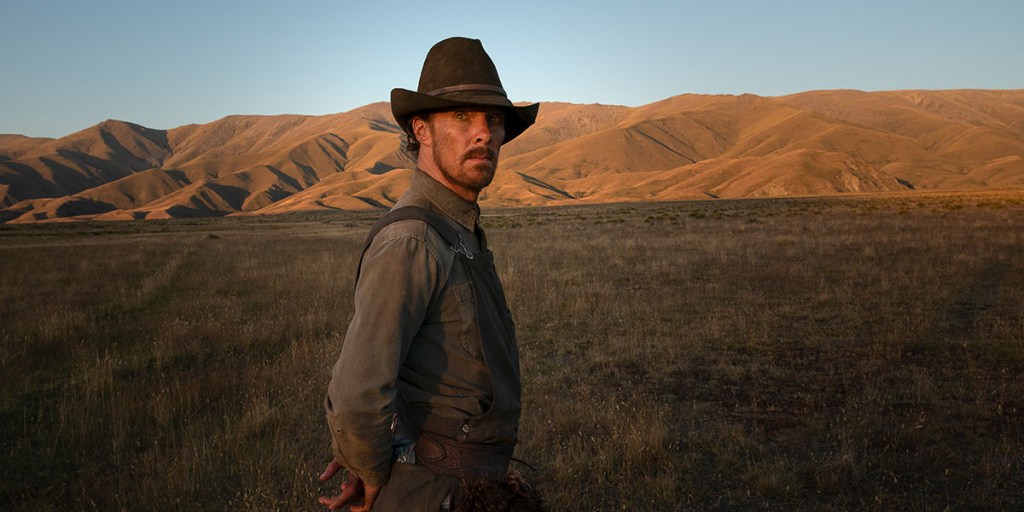


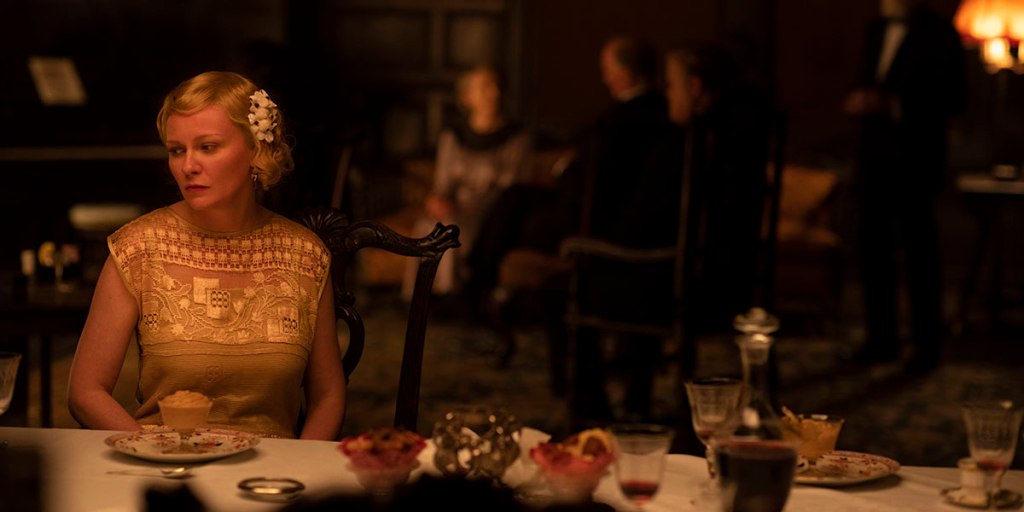
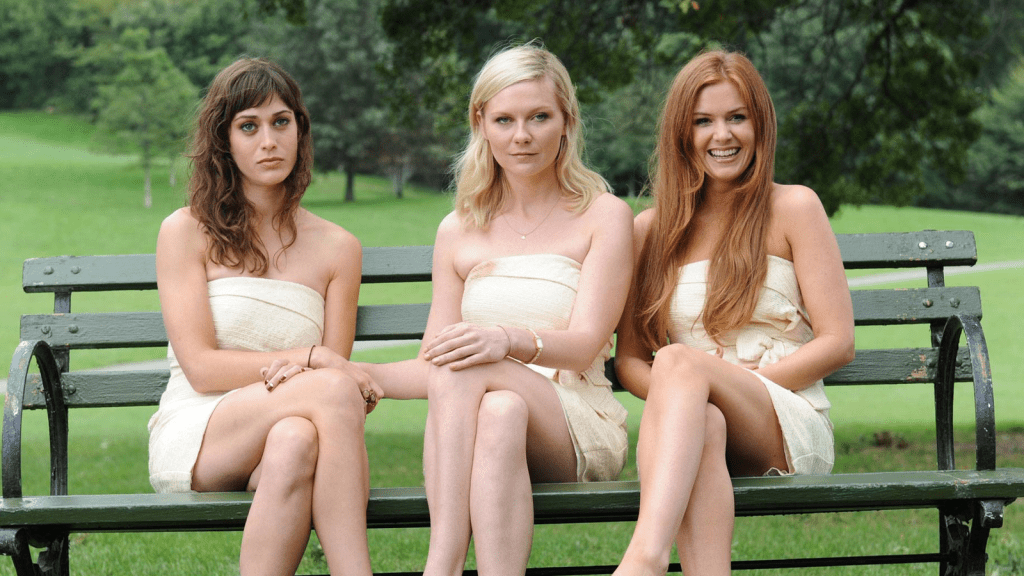
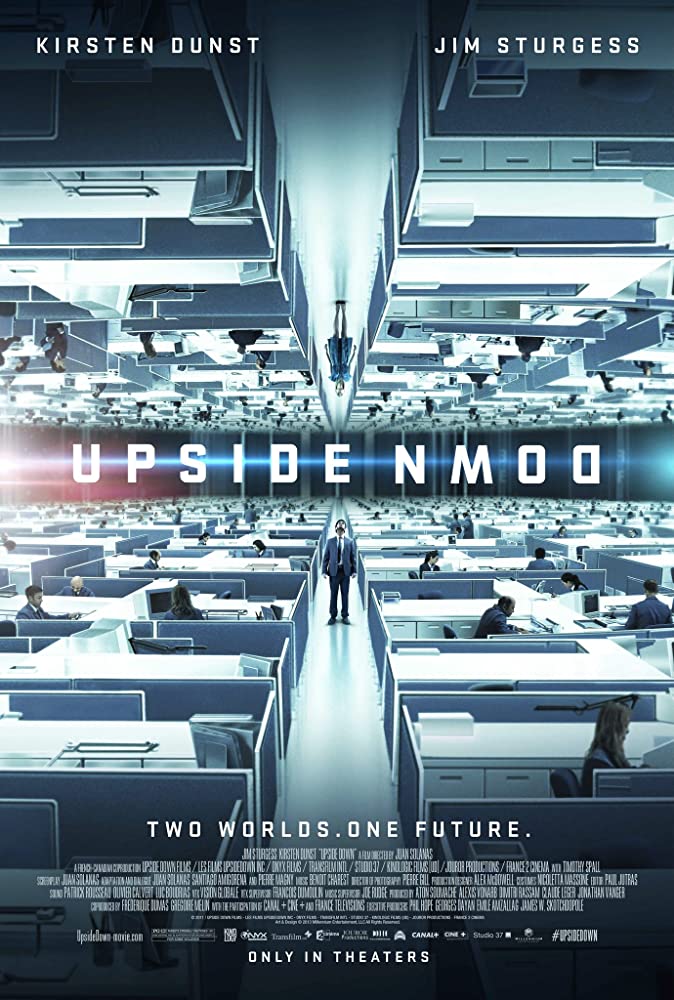

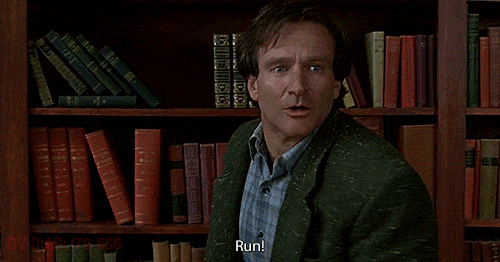
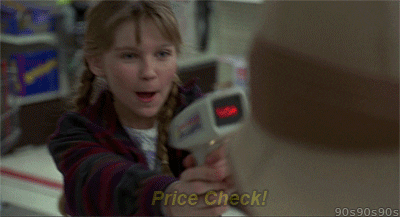
 cute little ones. And every female throws herself at the soldier in their midst, despite the fact that he’s their sworn enemy and currently AWOL. And of course Johnny boy plays each and every one of them, and they faint into his greedy clutches like they don’t have a brain between them to see through his rather obvious machinations.
cute little ones. And every female throws herself at the soldier in their midst, despite the fact that he’s their sworn enemy and currently AWOL. And of course Johnny boy plays each and every one of them, and they faint into his greedy clutches like they don’t have a brain between them to see through his rather obvious machinations.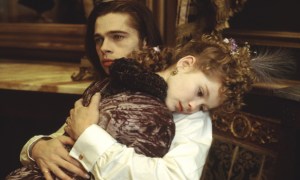 he turned it down for Forrest Gump. Daniel Day-Lewis was cast but then dropped out just weeks before filming. Then it was offered to Johnny Depp, who turned it down. And finally it went to Tom Cruise, which made Anne Rice livid, certain he could not handle the part. Of Cruise’s casting, she said “it’s so bizarre; it’s almost impossible to imagine how it’s going to work” and “the worst crime in the name of casting since The Bonfire of the Vanities.” Rice recused herself from the production but when she eventually forced herself to watch it, she was so impressed by Cruise’s performance that she wrote him a letter of apology.
he turned it down for Forrest Gump. Daniel Day-Lewis was cast but then dropped out just weeks before filming. Then it was offered to Johnny Depp, who turned it down. And finally it went to Tom Cruise, which made Anne Rice livid, certain he could not handle the part. Of Cruise’s casting, she said “it’s so bizarre; it’s almost impossible to imagine how it’s going to work” and “the worst crime in the name of casting since The Bonfire of the Vanities.” Rice recused herself from the production but when she eventually forced herself to watch it, she was so impressed by Cruise’s performance that she wrote him a letter of apology. label, Rodarte. They’re not the only designers to make the leap to film: Tom Ford made the jump rather successfully not to mention stylishly with A Single Man, and
label, Rodarte. They’re not the only designers to make the leap to film: Tom Ford made the jump rather successfully not to mention stylishly with A Single Man, and  series of impressions – you get whiffs of what might be going on, and if you’re nose is good and you’re super motivated, you might even convince yourself the story has bones. But if you’re the kind of movie-goer who likes things like
series of impressions – you get whiffs of what might be going on, and if you’re nose is good and you’re super motivated, you might even convince yourself the story has bones. But if you’re the kind of movie-goer who likes things like 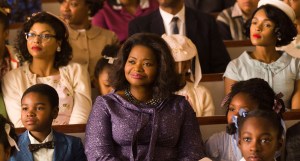 NASA pay them equally? Not by a long shot. Treat them fairly? Not so much. Promote them? Never. But hire them they must because there’s a space race on with the Russians, and they can’t afford not to hire the best and the brightest no matter the skin colour encasing the brains.
NASA pay them equally? Not by a long shot. Treat them fairly? Not so much. Promote them? Never. But hire them they must because there’s a space race on with the Russians, and they can’t afford not to hire the best and the brightest no matter the skin colour encasing the brains.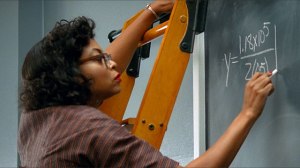 had the audience applauding. These women are so inspirational that it would be hard to mess up the story, and Hidden Figures manages not to stand in its own way. At the Toronto International Film Festival this fall, Pharrell Williams, who collaborated on the score with Hans Zimmer, gave a concert of all the original music he’d worked on for the film. I worried that he might overshadow the film, but in fact his music fits right in very comfortably, establishing the time period in a pop-heavy way.
had the audience applauding. These women are so inspirational that it would be hard to mess up the story, and Hidden Figures manages not to stand in its own way. At the Toronto International Film Festival this fall, Pharrell Williams, who collaborated on the score with Hans Zimmer, gave a concert of all the original music he’d worked on for the film. I worried that he might overshadow the film, but in fact his music fits right in very comfortably, establishing the time period in a pop-heavy way.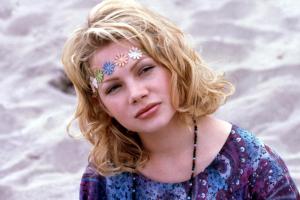 In light of recent events, I suppose a film like Dick actually harkens back to simpler times, and I don’t just mean a time when Dunst would get top billing over Oscar-nominated Williams. It was a time when teenaged girls had the luxury of not thinking about the president very much.
In light of recent events, I suppose a film like Dick actually harkens back to simpler times, and I don’t just mean a time when Dunst would get top billing over Oscar-nominated Williams. It was a time when teenaged girls had the luxury of not thinking about the president very much. the official White House dog walkers. Meanwhile, Trump’s shoe-horning his kids into his cabinet is an even scarier prospect. Since when can a 70 year old man not do business with being able to ask his kids for advice? I guess that’s what you get for electing a dude with no experience. His kids are probably the least scary amid the many “contestants” he’s considering for staffing the White House.
the official White House dog walkers. Meanwhile, Trump’s shoe-horning his kids into his cabinet is an even scarier prospect. Since when can a 70 year old man not do business with being able to ask his kids for advice? I guess that’s what you get for electing a dude with no experience. His kids are probably the least scary amid the many “contestants” he’s considering for staffing the White House.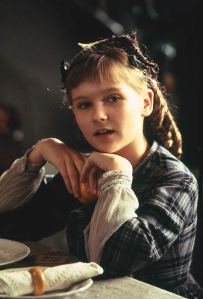 Susan Sarandon plays their matriarch, ‘Marmee’ – a big name for giving her so very little to do. But this is not a story about mothers, it’s a story about sisters, and no story about sisters can be told without boys, which is why floppy-haired Christian Bale is installed next door, and he’s making some interesting acting choices. He seems to have decided to go with “effeminate Keanu Reeves” for his portrayal of Laurie.
Susan Sarandon plays their matriarch, ‘Marmee’ – a big name for giving her so very little to do. But this is not a story about mothers, it’s a story about sisters, and no story about sisters can be told without boys, which is why floppy-haired Christian Bale is installed next door, and he’s making some interesting acting choices. He seems to have decided to go with “effeminate Keanu Reeves” for his portrayal of Laurie.